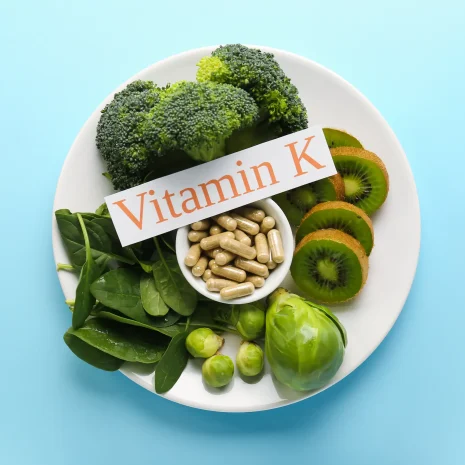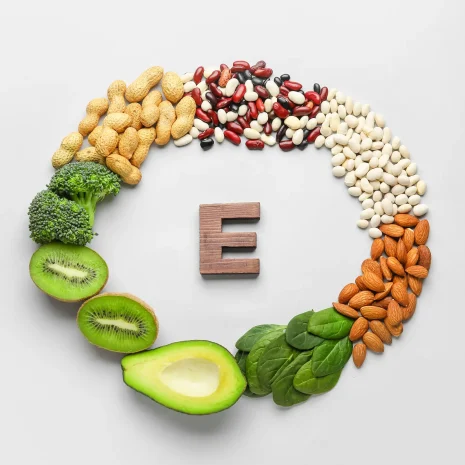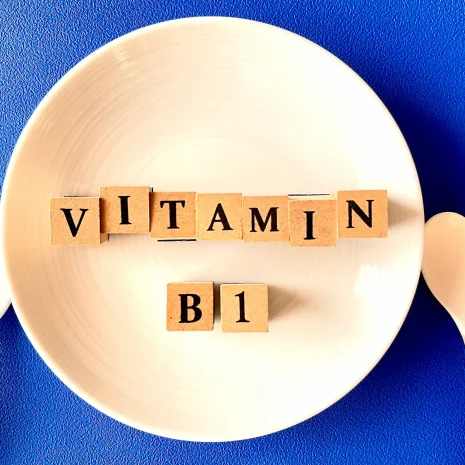What are the B vitamins? : A Comprehensive Guide
The B vitamin group comprises eight essential, water-soluble vitamins: B1 (Thiamine), B2 (Riboflavin), B3 (Niacin), B5 (Pantothenic Acid), B6 (Pyridoxine), B7 (Biotin), B9 (Folic Acid/Folate), and B12 (Cobalamin). Each of these vitamins plays a critical role in the body’s metabolic processes, aiding in energy production and supporting overall health.
Since B vitamins cannot be stored in the body, it is crucial to maintain regular intake through dietary sources to prevent deficiencies. Deficits can manifest as fatigue, cognitive impairments and weakened immune function.
What do the B vitamins do for the body?
While B vitamins do not provide energy directly, they are essential for metabolising proteins, fats and carbohydrates—substances that serve as the primary energy sources for the body. Insufficient levels of B vitamins can lead to a range of health issues, and understanding their distinct functions is vital for those looking to optimise their nutritional intake, especially individuals with increased needs due to age, health conditions or lifestyle choices.
- B1 (Thiamine): Critical for energy production.
- B2 (Riboflavin): Facilitates nutrient breakdown and contributes to energy availability.
- B3 (Niacin): Essential for enzyme and hormone function.
- B5 (Pantothenic Acid): Integral to various metabolic processes.
- B6 (Pyridoxine): Supports neurological health and development.
- B7 (Biotin): Aids in synthesising glycogen and fats.
- B9 (Folic Acid): Vital for DNA and RNA synthesis.
- B12 (Cobalamin): Essential for the maintenance of brain and nerve cell health.
Where do you get B vitamins from?
The essential B vitamins can be obtained by maintaining a healthy, balanced diet, including the following food sources:
- B1 (Thiamine): red meat, fish and liver.
- B2 (Riboflavin): milk, dairy products, spinach and eggs.
- B3 (Niacin): brown rice, red meat and bananas.
- B5 (Pantothenic Acid): mushrooms, beef and chicken.
- B6 (Pyridoxine): fish varieties like tuna and salmon.
- B7 (Biotin): eggs and avocados.
- B9 (Folic Acid): leafy greens, oranges and red meat.
- B12 (Cobalamin): animal-based foods.
Are B vitamins important?
Understanding the different types of B vitamins and their dietary sources is crucial for maintaining optimal health. Regularly consuming a balanced diet rich in these vitamins can help prevent vitamin B deficiencies and promote overall well-being. Particularly in the UK, where dietary habits may not always provide sufficient levels of these nutrients, it is essential to consider fortified foods or appropriate B vitamin supplementation if necessary.
Prioritising B Vitamins for Health and Vitality
In summary, B vitamins play a pivotal role in energy production and overall health. Maintaining adequate levels through a balanced diet is critical, particularly for vulnerable groups such as the elderly and those with specific health conditions. Awareness of B vitamin functions and food sources can empower individuals to make informed dietary choices that support their vitality and well-being.
While multivitamins can offer valuable support for overall health, it is essential to recognize that a balanced diet should remain the cornerstone of nutritional well-being. Multivitamins are intended to be a complementary measure and should not be considered a substitute for a diverse and nutritious food intake.
Note: It is strongly advised that individuals consult a healthcare professional prior to initiating any supplement, particularly if they have existing health conditions, are taking prescribed medications, or are pregnant.








